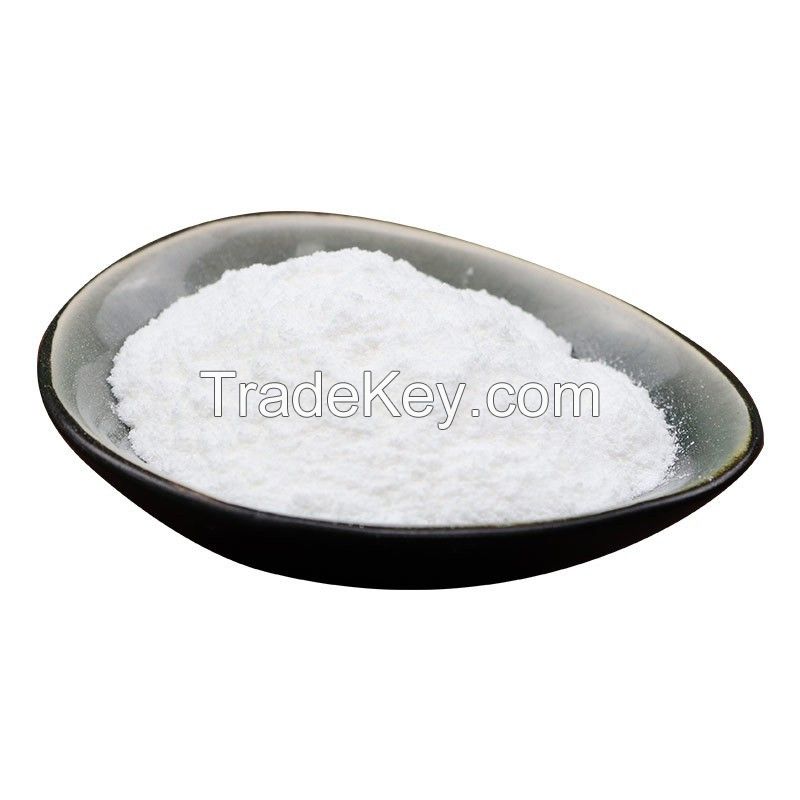Description
Zinc oxide is a versatile compound with a wide range of uses in
various industries. Heres a detailed look at zinc oxide:
### **Properties:**
- **Chemical Formula:** ZnO
- **Appearance:** White powder or crystalline solid.
- **Solubility:** Insoluble in water but soluble in acids.
### **Uses:**
1. **Medical and Personal Care:**
- **Sunscreens:** Zinc oxide is used in sunscreens due
to its ability to block UV radiation, providing broad-spectrum
protection against both UVA and UVB rays.
- **Diaper Rash Creams:** It acts as a skin protectant
in ointments and creams to treat and prevent diaper rash.
- **Topical Medications:** Often included in various
topical treatments for skin conditions like eczema or
psoriasis.
2. **Cosmetics:**
- **Foundation and Powders:** Zinc oxide is used in
cosmetics for its opacity and its ability to provide a smooth
texture.
- **Anti-Aging Products:** It can be found in products
designed to protect the skin from environmental damage.
3. **Industrial Applications:**
- **Rubber Industry:** It acts as a vulcanizing agent
and a reinforcing filler in rubber products, enhancing their
strength and durability.
- **Paints and Coatings:** Used as a white pigment in
paints and coatings, and it provides corrosion resistance.
- **Ceramics:** Incorporated in the manufacture of
ceramics and glass for its beneficial properties.
4. **Electronics:**
- **Semiconductors:** Zinc oxide is used in the
production of varistors and in certain types of electronic devices
due to its semiconductor properties.
5. **Agriculture:**
- **Fertilizers and Animal Feed:** Zinc oxide is used
as a source of zinc in fertilizers and animal feed supplements,
helping to prevent zinc deficiency in plants and animals.
### **Health and Safety Considerations:**
- **Inhalation Risks:** Zinc oxide dust can be an irritant to the
respiratory tract if inhaled in large quantities. Appropriate
safety measures should be taken to avoid inhaling dust.
- **Skin Contact:** Generally considered safe for topical use in
low concentrations, but some individuals may experience allergic
reactions or irritation.
### **Environmental Impact:**
- **Biodegradable:** Zinc oxide is generally considered to have low
environmental impact and is biodegradable. However, its use in
large quantities, especially in industrial applications, should be
managed properly to avoid environmental contamination.
### **Forms:**
- **Powder:** The most common form, used in various
applications.
- **Nanoparticles:** Zinc oxide nanoparticles are used in advanced
applications such as nanotechnology, providing different properties
compared to bulk zinc oxide.
If you need information on a specific application or aspect of zinc
oxide, let me know!


